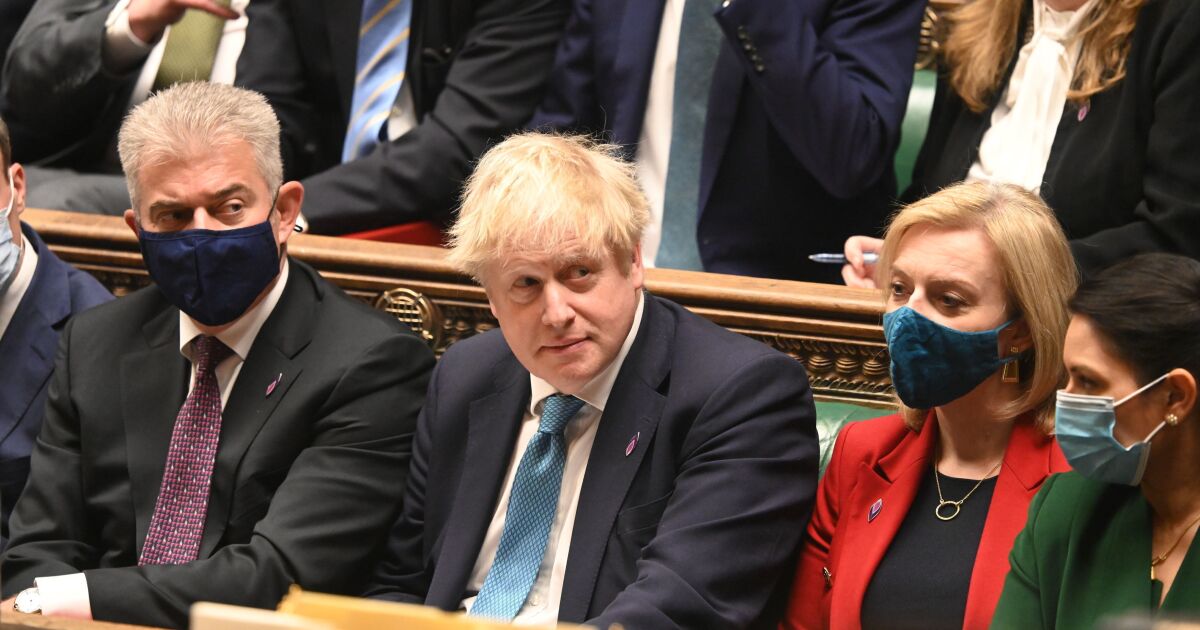Britain on Thursday lifted most coronavirus-related restrictions, including the mandatory wearing of face masks, after Britain’s government said its COVID-19 vaccine booster dose campaign successfully reduced the number of severe illness and hospitalizations from the virus.
As of Thursday, the use of masks is no longer required by law, in addition to the removal of the legal requirement to show the COVID-19 pass to enter nightclubs and other establishments.
Last week, the government withdrew its recommendation that people work from home as well as its guidelines to wear masks in classrooms.
The measures known as “Plan B” were implemented in early December to prevent the rapid spread of the omicron variant from overwhelming health services and to buy time for the population to receive its booster dose.
Health Secretary Sajid Javid said the government’s vaccination campaign, as well as testing and developing antiviral treatments, make up “one of Europe’s strongest defences”, allowing for a “cautious return” to normalcy.
But he added that “as we learn to live with COVID, we need to be clear that this virus is not going away.” While infections continue to decline, health officials said omicron remains pervasive across the country, particularly among children and the elderly.
Officials noted that almost 84% of people aged 12 and over have received their second dose of the vaccine in Britain, and 81% of eligible people have received the booster dose.
Hospitalizations and the number of people in intensive care units have stabilized or decreased, while the number of daily cases has fallen from a high of 200,000 daily infections at the beginning of the year to less than 100,000 in recent days.
Prime Minister Boris Johnson said last week that the spike in omicron infections “has subsided nationally.”
Although the government withdrew the legal measures, some stores and public transport operators said they will continue to ask people to wear masks. London Mayor Sadiq Khan said the use of face masks on the city’s tubes and buses would continue to be required.
The legal requirement for those who are infected to self-isolate for five days remains in place, but Johnson said that measure will also be withdrawn soon and replaced by recommendations and guidance for those infected to be cautious.
Health authorities have said they are developing a long-term, post-pandemic strategy that treats COVID-19 like the flu.
Scotland, Wales and Northern Ireland, which set their own public health rules, have also relaxed their coronavirus restrictions.
–


